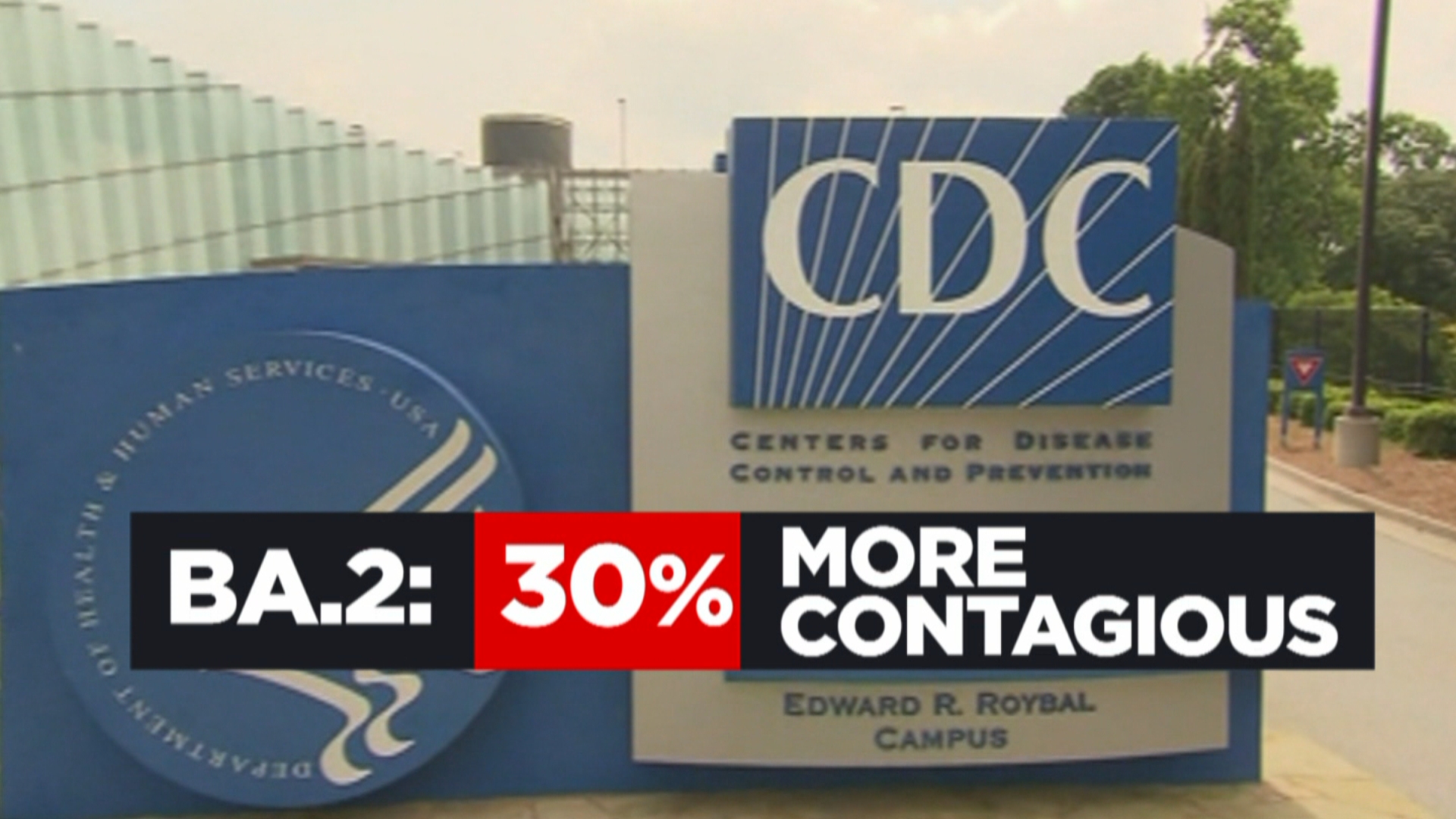Health Officials Closely Monitoring More Contagious Omicron Subvariant BA.2
PHILADELPHIA (CBS) -- With COVID-19 cases declining, health experts are closely watching a new subvariant that's even more transmissible than omicron. Could this reverse the positive trends that the tri-state area has been seeing?
It's an offshoot of the omicron variant with lots of mutations. It's the easiest to spread. Health officials aren't too worried about it but say it could slow down the pandemic recovery.
The new subvariant BA.2 is now being called stealth omicron. The U.S. Centers for Disease Control and Prevention says it's 30% more contagious than the first strain. It's now been detected in 74 countries and 47 U.S. states, including Pennsylvania and New Jersey.
"There is some evidence out there that it may be a little bit more transmissible than the standard omicron variant," Dr. Edward Liftshitz said.
There's mixed research on whether BA.2 causes more severe disease. Like with other mutations, current vaccines -- especially the booster -- guard against most serious complications -- but not infection.
"To accept that BA.2 is more transmissible, so any strategy you used to keep yourself free from omicron may not work for BA.2," Dr. Peter Chin-Hong said.
It's estimated 4% of Americans with COVID-19 now have infections caused by BA.2 Many remain at high risk, particularly the elderly, children too young to be vaccinated and those who still refuse vaccinations.
"It's not as if we have cured COVID. We definitely have more tools now to fight it," Shandy Dearth at the IU Fairbanks School of Public Health said, "but it's not a given that someone will have COVID and will survive."
95% of Americans still live in what the CDC considers a high-risk area for infection, but there's been a sharp decline in coronavirus cases and hospitalizations.
So, the question is, will the new stealth subvariant cause a resurgence?
"I don't see any evidence yet that BA.2 is sweeping through, although, of course, that's why we do the surveillance, is to make sure we know what's going to happen," Liftshitz said.
Health officials say the new subvariant does not respond to some of the standard treatments, meaning it could be especially dangerous to people who are not vaccinated and more likely to get infected.









